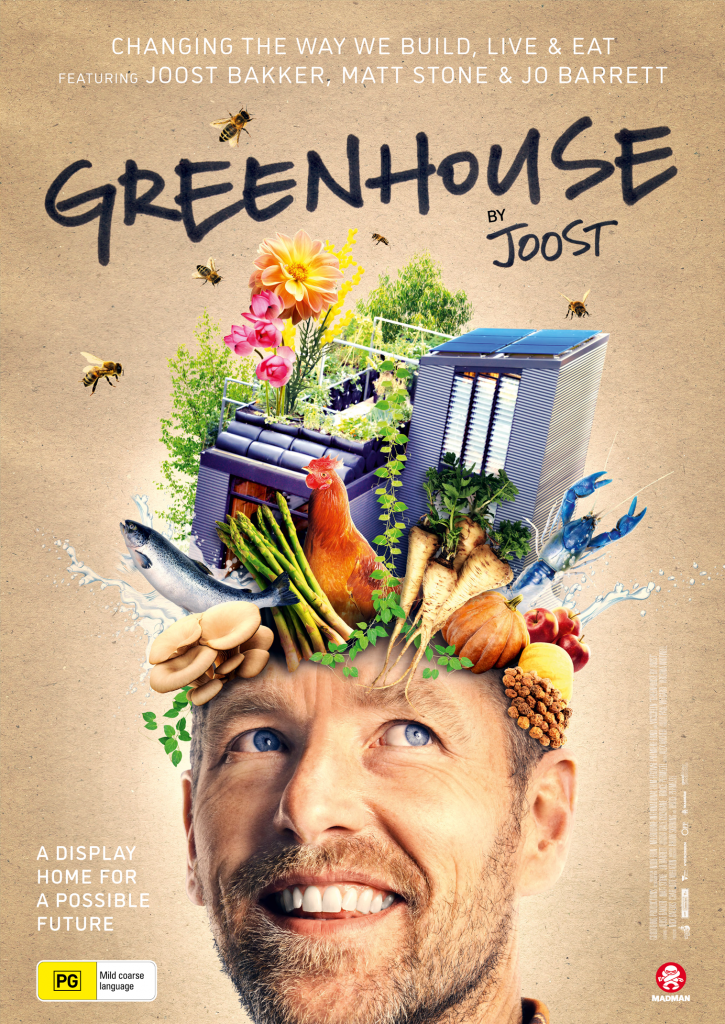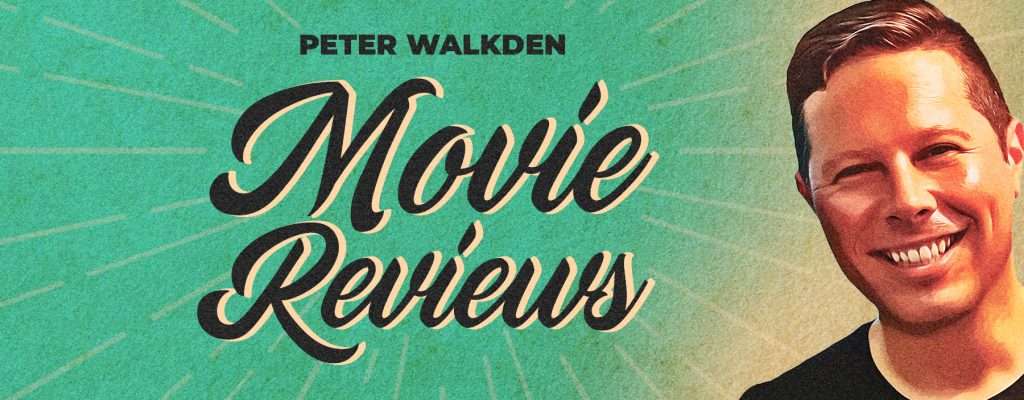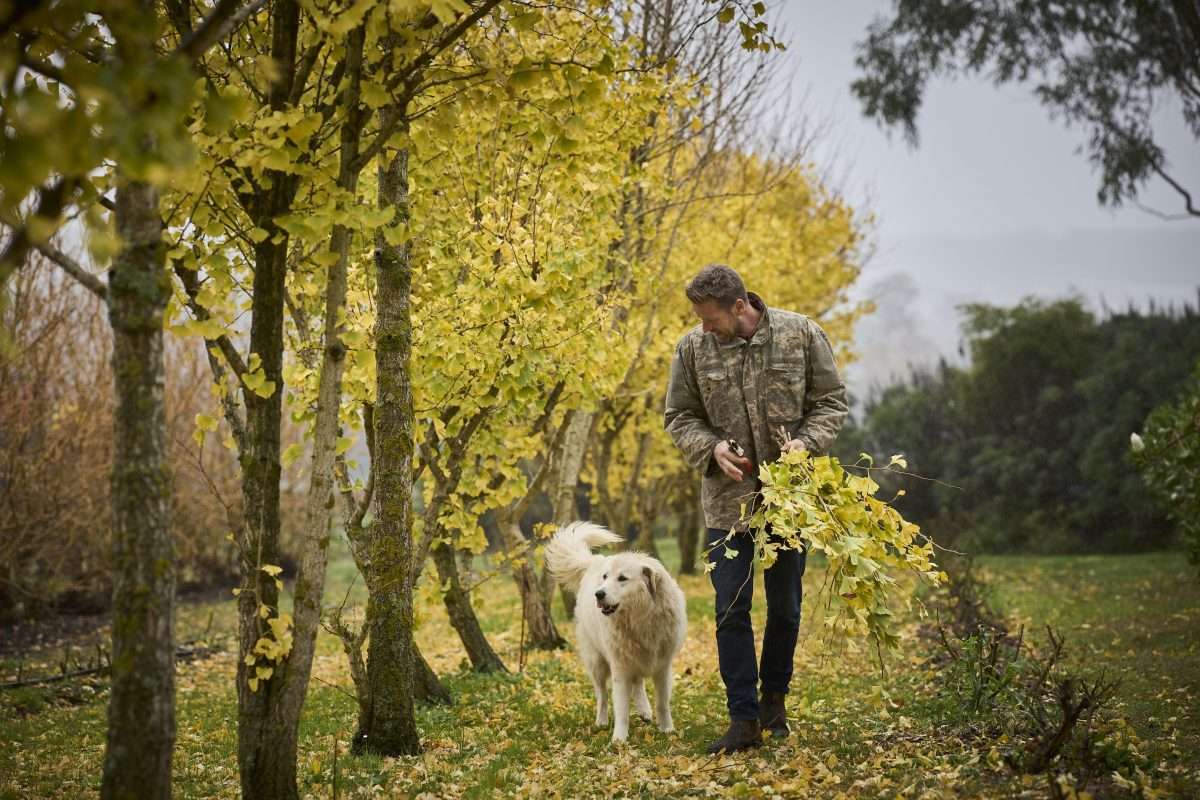Following famous zero-waste activist, artist and restaurant owner Joost Bakker, this documentary shows Joost’s love for all things related to nature. In the present day, Joost lives in Monbulk, Melbourne, Australia, and we see first-hand how he lives. Keen on growing and planting various vegetables; we see how he uses many items around the home and avoids waste. Joost believes everything we waste can be used as a resource instead.
Joost has firm visions, including a desire to prove that we can live in a world with zero waste. To live by his beliefs, Joost released the first zero-waste restaurant at the end of 2012, named Silo. Not only is this restaurant a wonderful dining experience, but it also influenced a significant change in restaurants across Australia, including many popular food chains such as Mcdonald’s.

For Joost, talking about new ideas relating to waste isn’t enough. Joost sets out to fulfil one of his most significant visions: build a house inspired by nature that doesn’t generate waste and would work as a complete home system.

Greenhouse by Joost is a documentary about not only Joost himself but all things relating to waste. There is plenty discussed in this documentary, including trees, soil, solar panels, food, building, and recycling. For those that love data and stats, this is also a significant part of the documentary, and there are many things here that I personally never knew about. For example, did you know that 27,000 trees are cut down daily to create toilet paper? My mind was blown.


This documentary is educational but is also an extraordinary story about the challenges Joost experiences in developing a zero-waste house. Firstly, Joost isn’t a builder- he is an artist. To develop and build a zero-waste home, he speaks to experts who provide critical advice to complete the task correctly. On top of that, Joost is forced to deal with several problems and delays, including the global pandemic, which affected Melbourne greatly. But even during the pandemic, Joost continued to have hope as he believed regardless of a Covid outbreak that people need a solution to waste and food, especially when they are told not to leave their homes.

Overall, this is highly educational and packed with many details and statistics about waste. Naturally, this feature is also encouraging as we see Joost himself fascinated with all things relating to nature and avoiding waste. He is passionate and has lots to say about the many topics discussed. Thankfully, Joost isn’t just a talker; he’s also a man of action. Audiences will get to see first-hand the exciting journey of Joost tackling the ultimate challenge of building a home that is not only waste-free but also can be recycled. There are plenty of surprising elements here, and it’s great to witness a documentary that reminds audiences of the basics of waste. I’m confident many viewers will be inspired by Joost and perhaps will also experience creative flow on the subject matters discussed. Maybe, for some, it’s a reminder of the simple things that can easily be implemented each day by every one of us.
7.3/10
4th November 2022
Written by Peter Walkden




WALKDEN ENTERTAINMENT
PODCASTS ARE AVAILABLE!



0 Comments